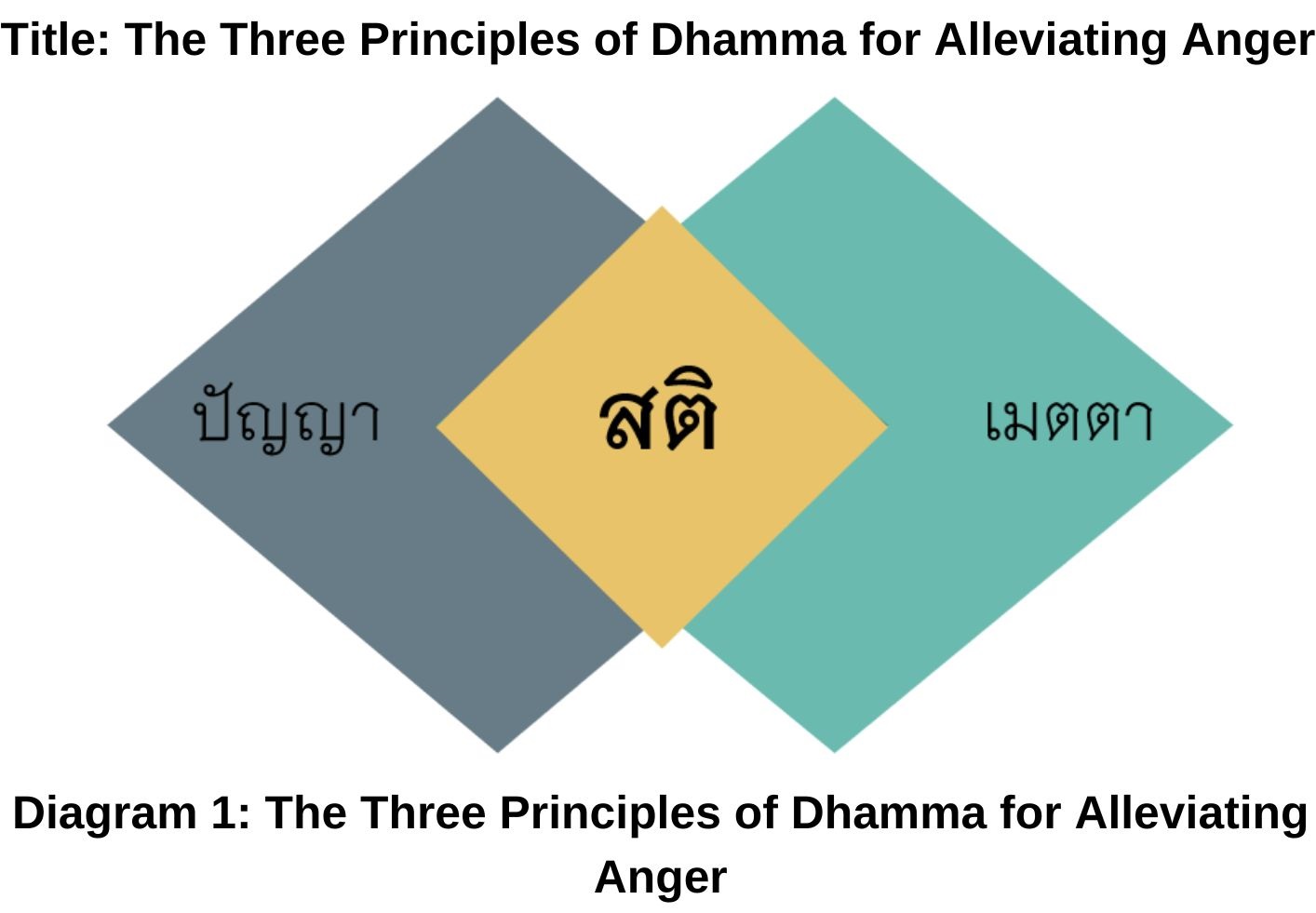An Analytical Study of the Methods for Alleviate Anger by Somdetphrabutdhakosajarn (P.A. Payutto)
Keywords:
Anger, Methods for Overcoming Anger, Phra Phutthakosajarn (P.A. Payutto)Abstract
This study aims to analytically examine the methods of anger management as taught by Phra Buddhaghosa (P.A. Payutto). It includes the following steps: 1) Reflecting on the disadvantages of being an easily angered person. 2) Considering the harm caused by anger. 3) Reflecting on the good qualities of the person you are angry with. 4) Considering that anger creates suffering for oneself and acts as self-punishment. 5) Reflecting on the fact that all beings have their own karma. 6) Reflecting on the virtuous conduct of the Buddha in his previous lives. 7) Considering the interconnectedness of beings in the cycle of samsara. 8) Reflecting on the benefits of loving-kindness. 9) Contemplating through the method of analyzing the elements. 10) Practicing generosity by giving or sharing things. New insights from this analytical study on the methods of anger management as taught by Phra Buddhaghosa (P.A. Payutto) are based on three essential foundations: mindfulness, loving-kindness, and wisdom. This is termed as "The Ten Methods of Anger Management in Theravada Buddhist Philosophy." Each step of the ten methods of anger management in Theravada Buddhist philosophy should be based on wisdom and loving-kindness to create a balance between truth and empathy. To ensure that wisdom does not turn into biased judgment and loving-kindness does not become mere emotional indulgence, mindfulness is necessary to maintain balance as the supportive virtue of all principles.
References
การศาสนา, กรม. (2525). พระไตรปิฎกภาษาไทย ฉบับหลวง. กรุงเทพฯ : กรมการศาสนา.
จำรัส พรหมบุตร. (2565). ความโกรธในทัศนะพุทธจิตวิทยา. วารสารพุทธจิตวิทยา, 7(1), 38-45.
พระพรหมคุณาภรณ์ (ป.อ. ปยุตฺโต). (2551). ทำอย่างไรจะหายโกรธ. กรุงเทพฯ : บริษัทสำนักพิมพ์สุภา จำกัด
พระมหาสากล สุภรเมธี (เดินชาบัน) และพระอภิชาติ อภิญาโณ (แก้วเกตุพงษ์). (2559). เมตตากับการระงับความโกรธตามแนวพุทธปรัชญา. วารสารศรีล้านช้างปริทรรศน์, 2(1), 11-22.
วินัย จันทร์เปล่ง. (2536). จากจุดอ่อนสู่ความสำเร็จ. กรุงเทพฯ : เอช เอ็น กรุ๊ป.
สมพร อินทร์แก้ว. (2536). จัดการกับความโกรธอย่างไรดี. กรุงเทพฯ : การท่าเรือ.
สมภพ เรืองตระกูล. (2547). ความเครียดและอาการทางจิตเวช. กรุงเทพฯ : โรงพิมพ์เรือนแก้วการพิมพ์.
สุภา ศรีสวัสดิ์, พระมหาบุญศรี ญาณวุฑฺโฒ และสุเชาว์ พลอยชุม. (2559). การจัดการความโกรธในชีวิต ประจำวันตามแนวพุทธธรรม วารสารรามคำแหง ฉบับมนุษยศาสตร์, 35(2), 205-220.
Glick, R.A. (1993). Rage Power and Aggression. London : Yale University Press.
Speilberger, C.D. (1996). Manual for the state-trait anger expression inventory (STAXI). Florida : Psychological Assesment Resources.

Downloads
Published
How to Cite
Issue
Section
License
Copyright (c) 2024 Institute of Sufficiency Journal

This work is licensed under a Creative Commons Attribution-NonCommercial-NoDerivatives 4.0 International License.



